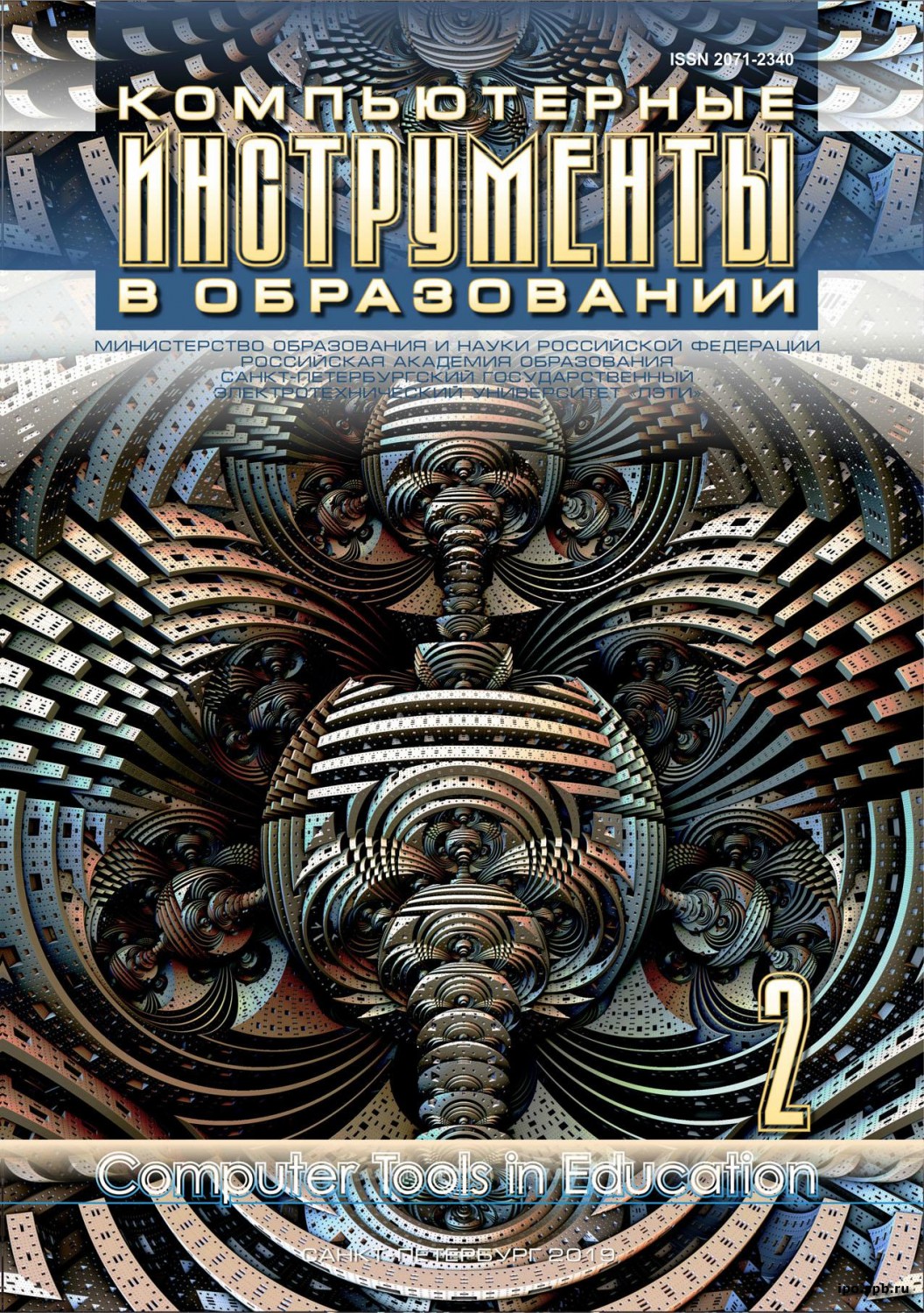Flexible Discrete Math offline Test Generator
Abstract
This article describes the software package representing new math tests generator.
The main features of our software are in the focus on creating a high-quality printed product and large variability of the generated tasks. That were achieved by using the LaTeX~text processor and power of the Python language. Logically it consists of the control shell, the task parser, subject logic, formatting system and task database. The logic implements the set of abstractions that can be used in tasks (for example graphs, boolean functions, etc.). The task database exists in the form of JSON files with the specially created task formation language.
Currently, the most developed branch in task database is the discrete mathematics problems and abstractions. More than fifty types of tasks were implemented: operations on sets, representation of sets by Euler-Venn diagrams, algebra of sets, various ways of representing graphs, operations on graphs, some problems on graphs, representing Boolean functions in various ways, finding perfect forms, constructing and minimization using Karnaugh maps, Venn diagrams and hypercubes, analysis and synthesis of logic circuits.
The task generator can be used by a teacher when conducting practical and control classes, creating individual materials for the students. Tasks can be differentiated by the level of complexity when changing control parameters.
The generated tasks were used in education process for more than 1000 students of Military Academy of the Signal Corps and the improvement of mastering of discrete math was shown.
References
A. Oxley, “Discrete Mathematics and its applications,” Teaching Mathematics and its Applications, UK, vol. 29, no. 3, pp. 155-–163, 2010; doi:10.1093/teamat/hrq007
D. Thissen, L. Steinberg, and A. R. Fitzpatrick, “Multiple-Choice Models: The Distractors Are Also Part of the Item,” Journal of Educational Measurement, vol. 26, no. 2, pp. 161–176, 1989; doi: 10.1111/j.1745-3984.1989.tb00326.x
J. Venn, “I. On the Diagrammatic and Mechanical Representation of Propositions and Reasonings,” Dublin Philosophical Magazine and Journal of Science, vol. 5, no. 10 (59), pp. 1-–18, 1880; doi: 10.1080/14786448008626877
R. Haggarty, Discrete mathematics for computing, UK, 2002.
V. Tanuhina, S. Kurdubov, Collection of individual tasks in discrete mathematics, Russia, 2018 (in Russian).

This work is licensed under a Creative Commons Attribution 4.0 International License.







